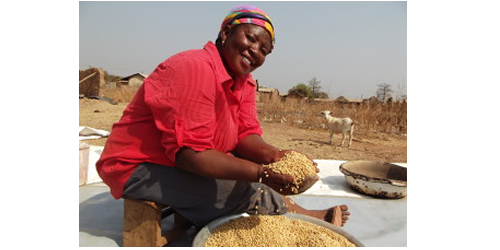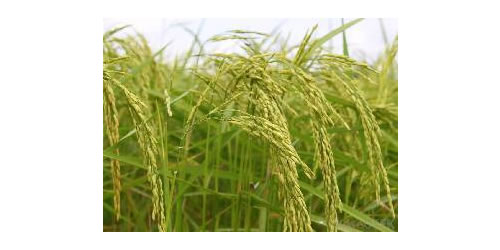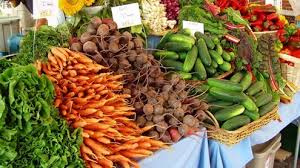Over 5,400 households to benefit from CAD 8m food security project

The Canadian Cooperative Association, in partnership with SEND-GHANA, Credit Union Association of Ghana (CUA), project beneficiaries and stakeholders is implementing a 5 year (2013 – 2017) Food Security through Co-operatives in Northern Ghana (FOSTERING) project.
The 8,032,149 Canadian Dollar project is funded by the Department of Foreign Affairs, Trade and Development, Canada (DFATD) with contribution from Canadian Co-operative Association (CCA).
FOSTERING is consistent with the African Union Comprehensive Africa Agriculture Development Program (CAADP), Ghana’s Medium Term Agriculture Investment Plan METASIP) and the Government of Canada’s Development Strategy for Ghana.
The project builds on the experiences and successes chalked by the food security program partners (SEND, CUA, CCA) since 2001 which was implemented through an integrated agriculture model of production and finance based on service co-operatives in 50 communities in East Gonja, Kpandai, Nanumba North and Krachi West districts in the Eastern Corridor of Northern Ghana.
The following are highlights of some significant project achievements:
- More than 21,056 men, women and groups were mobilized as members of 13 community based credit unions, 47 farmer cooperatives and microfinance groups in 8 districts in the Eastern Corridor of the Northern region. Out of this 13,308 represented women.
- In the last six months of 2013, the credit unions mobilized GHS 2,997,168 million in savings, and issued more than GHS 1,758,838.00 loans to members. The thirty credit unions have a net asset base of more than GHS 3,858,876.00 million.
- Developed an inventory credit system that provides storage facilities for regulating market prices in favour of farmers, which has increased farmers income by 64%
- Soya bean production has become an integral part of the farming system and has helped to improve food and nutrition security, particularly for women and children.
- The number of women and children afflicted with chronic energy deficiency and nutritional disorders within SEND-GHANA’s farm families has declined.
- The cumulative increase in the number of micro finance women graduates with personal accounts in the credit unions increased from 2,440 at the end of December 2012 to 2,767 out of the total of 9,165 are beneficiaries of micro finance in the 8 district as June 2013.
FOSTERING is expected to increase sustainable, gender equitable food security for over 42,000 women and men in 5,400 households within 130 communities in eight (8) districts.
This is an up scaled project bringing on board five (5) new districts namely Tatale-Sangule, Nanumba South, Chereponi, Zabzugu and Krachi-Nchumuru.
With the inclusion of family members, the project is expected to reach over 331,800 individuals.
The eight (8) districts have a population of approximately 844,373 based on the 2010 census with over 70% of the inhabitants being food crop farmers, the most vulnerable to food insecurity.
Households of food crop farmers and agro-pastoralists in these areas are the most vulnerable to food insecurity and have household incomes below Ghana’s poverty threshold. Almost three-quarters of food crop farmer households (72%) cultivate land less than two hectares in size with nearly all of them (98%) entirely reliant on rainwater for cultivation.
These areas are also prone to adverse weather conditions, such as floods and droughts, as well as local conflict thereby increasing their levels of vulnerability.
The project is expected to guarantee food security and sustainable economic growth for small-holder farmers through improving production, better marketing of products, expansion of household activities into off-season businesses and access to finance.
To ensure sustainability of project outcomes, gender sensitive and climate resilient agricultural strategies have been built into the project where the adaptive capacity of men and women farmers would be strengthened to increase their resiliency levels.
The project is being implemented in collaboration with District Agricultural Departments, District Health Directorates, Non-Formal Education Division (NFED), Department of Cooperatives, Ghana Police Service, District Assemblies and Traditional Authorities.





